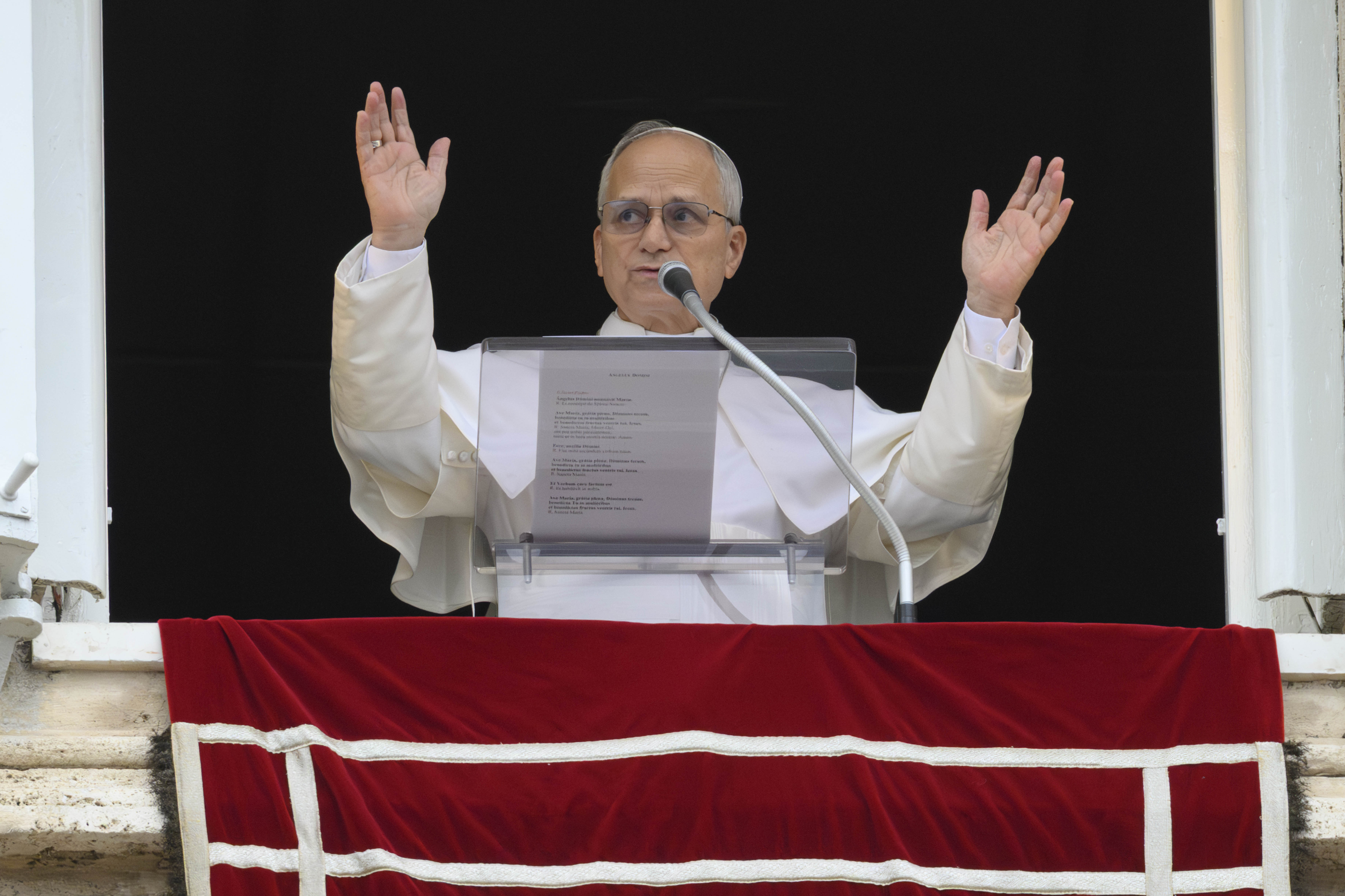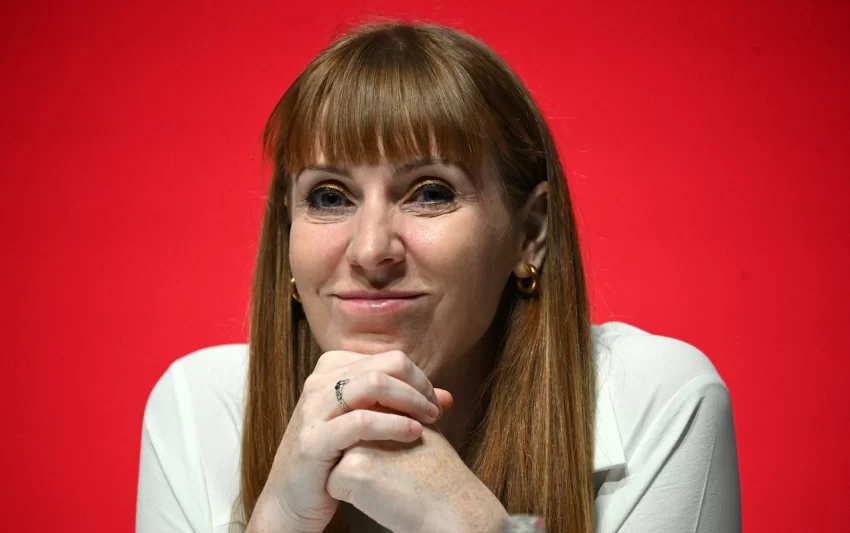White House declares $4.9B in foreign aid unilaterally canceled in end-run around Congress’ funding power
President Donald Trump threw a grenade Friday into September government funding negotiations on Capitol Hill, declaring the unilateral power to cancel billions of dollars in foreign aid by using a so-called pocket rescission.
Escalating the administration’s assault on Congress’ funding prerogatives, the White House budget office announced Friday morning that Trump has canceled $4.9 billion through the gambit that Congress’ top watchdog and many lawmakers argue is an illegal end-run around their “power of the purse.”
The move to unilaterally nix money previously approved by Congress raises tensions on Capitol Hill as lawmakers face an Oct. 1 deadline to avoid a government shutdown, pitting Republicans at the White House against GOP lawmakers and increasing pressure on Democrats to force a funding lapse unless Trump stands down.
Democrats and Republicans alike have warned that a pocket rescissions request would hamper cross-party talks to avert a shutdown at the end of September, while fulfilling White House budget director Russ Vought’s wish that the process of funding the government be “less bipartisan” to accommodate a raft of conservative priorities.
Senate Minority Leader Chuck Schumer hinted Friday that Democrats could refuse to offer the votes to get a government funding bill through the chamber before funding lapses late next month if congressional Republicans don’t push back against Trump’s latest funding move.
“Republicans don’t have to be a rubber stamp for this carnage,” Schumer said, adding that “if Republicans are insistent on going it alone, Democrats won’t be party to their destruction.”
A White House official told reporters Friday afternoon that the administration has “no expectation” of using the pocket rescissions tactic to cancel more funding this month but that they “wouldn’t take anything off the table.” Three congressional Republicans, granted anonymity to speak candidly, said they do expect Vought to send additional requests to revoke funding between now and the end of the current fiscal year, which would only inflame tensions.
“Any effort to rescind appropriated funds without congressional approval is a clear violation of the law,” the Senate’s top Republican appropriator, Maine Sen. Susan Collins, said in a quick and clear rebuke of the Trump administration’s gambit.
But the Trump administration is embracing the strategy boldly and without apology, while also signaling it intends to stare down any legal challenges that may come its way as a result: “Congress can choose to vote to rescind or continue the funds — it doesn’t matter,” an official from the White House budget office said in a statement. “This approach is rare but not unprecedented.”
The White House is allowed to send Congress a clawbacks request and then withhold the cash for 45 days while lawmakers consider whether to approve, reject or ignore the proposal. Because there are less than 45 days left before the end of the fiscal year, Trump’s top budget officials — led by Vought — argue that they can employ the so-called pocket rescission to withhold the funding until it lapses at month’s end, ensuring its cancellation regardless of what Congress decides.
Collins’ Democratic counterpart on the Senate Appropriations Committee, Washington Sen. Patty Murray, called Friday for Republicans to reject Vought’s “brazen attempt to usurp their own power,” arguing that the White House budget director is trying to market an illegal tactic as “some sort of get-out-of-jail free card for this administration to simply not spend investments Congress has made.”
Trump’s new spate of clawbacks, first reported by the New York Post, targets more than $3.2 billion that runs through the U.S. Agency for International Development, which the president has been moving to dismantle since he was inaugurated in January and which Vought will now oversee, according to a Friday social media post from Secretary of State Marco Rubio.
Hundreds of millions of dollars in funding for peacekeeping efforts is also deemed canceled under the White House’s latest moves.
The administration filed the rescissions memo in court on Friday, adding another twist to a prominent case moving through the federal courts challenging Trump’s withholding of USAID funding.
That case has already been complicated this month by other questions beyond the expiration of the funds, including whether the head of the GAO — the comptroller general — is the only one who can sue over federal funding being withheld in violation of decades-old impoundment law.
Trump’s latest action is likely to supercharge this legal fight, which is back in the hands of U.S. District Judge Amir Ali, a Biden-era appointee who previously found the administration’s withholding of USAID funds to be illegal on multiple grounds.
Ali is expected to rule quickly on whether there are other bases to order the administration to restore the funding — including whether the cuts were “arbitrary and capricious” under the law.
His decision is likely to send the case surging back to the appellate courts, and possibly even the Supreme Court, to determine whether Trump’s pocket rescissions withstands legal scrutiny. It’s unclear whether the comptroller general, Gene Dodaro, intends to take any additional legal action to force the restoration of funds.
The administration believes it has a strong legal case for defending the cancellation of the foreign aid funding in question, according to the White House official who briefed reporters Friday afternoon on condition of anonymity.
“There’s nothing that we can do with these accounts because of the way they’re written, to shift them to things that the president would support in the foreign aid space,” they argued, adding that “we wanted to make the case as clean as we possibly could, as we navigate the different critics that we know would arise.”
The official also said the latest funding move will help build support next month among conservative lawmakers for a “clean” stopgap funding patch that keeps the government running on autopilot spending levels beyond October. At the same time, the official said, it’s hard to believe Democrats would oppose a funding patch “that would cause them to be responsible for a government shutdown.”
Meredith Lee Hill, Jordain Carney and Megan Messerly contributed to this report.




















:quality(85):upscale()/2023/09/18/918/n/1922398/a1136b676508baddc752f5.20098216_.jpg)
:quality(85):upscale()/2025/10/09/670/n/1922283/00b944c868e7cf4f7b79b3.95741067_.jpg)
:quality(85):upscale()/2025/10/15/765/n/1922398/29c37a6e68efd84bb02f35.49541188_.jpg)
:quality(85):upscale()/2025/09/09/891/n/1922283/7222624268c08ccba1c9a3.01436482_.png)
















